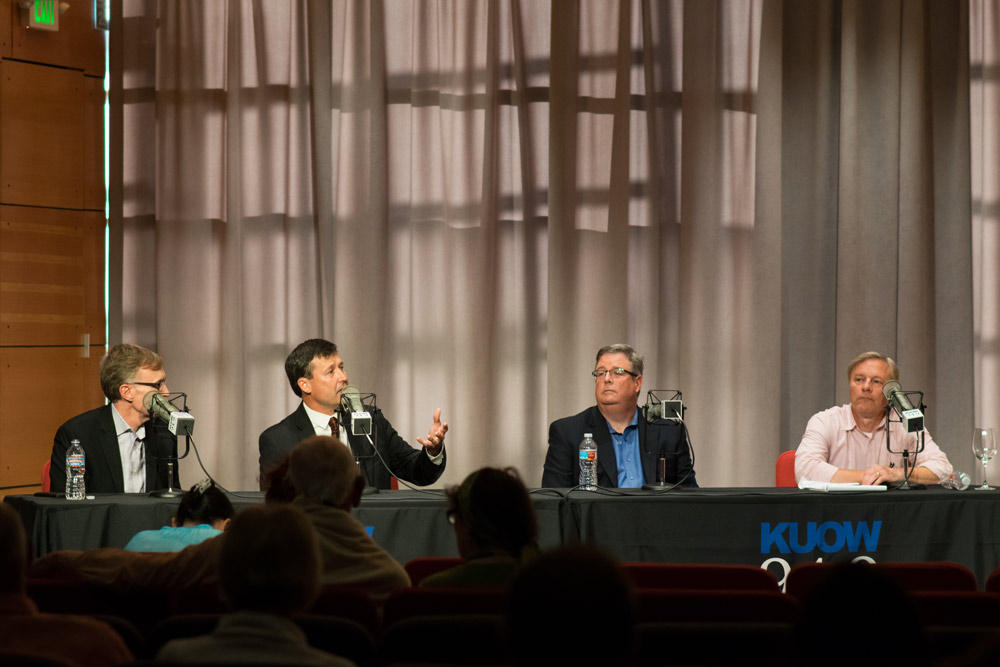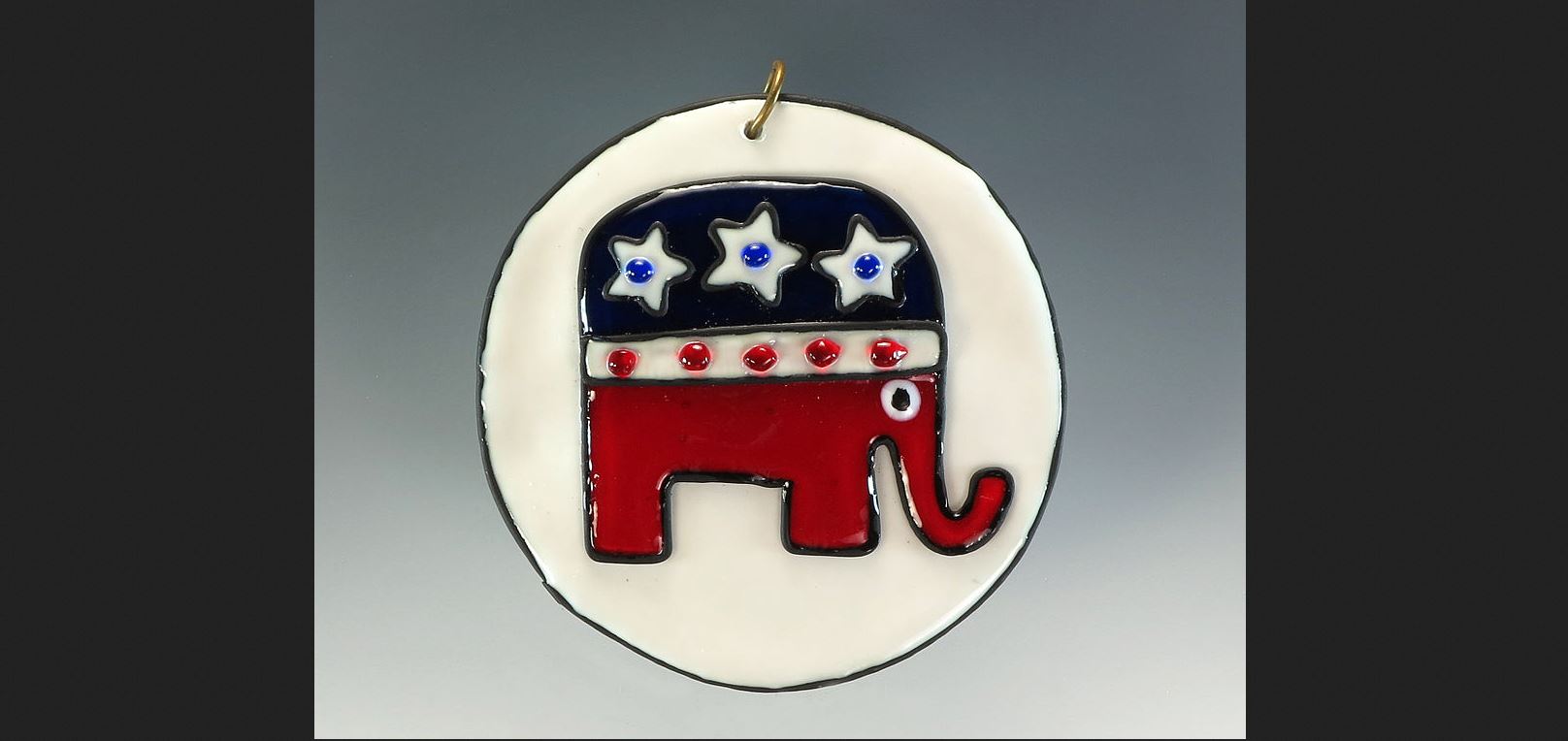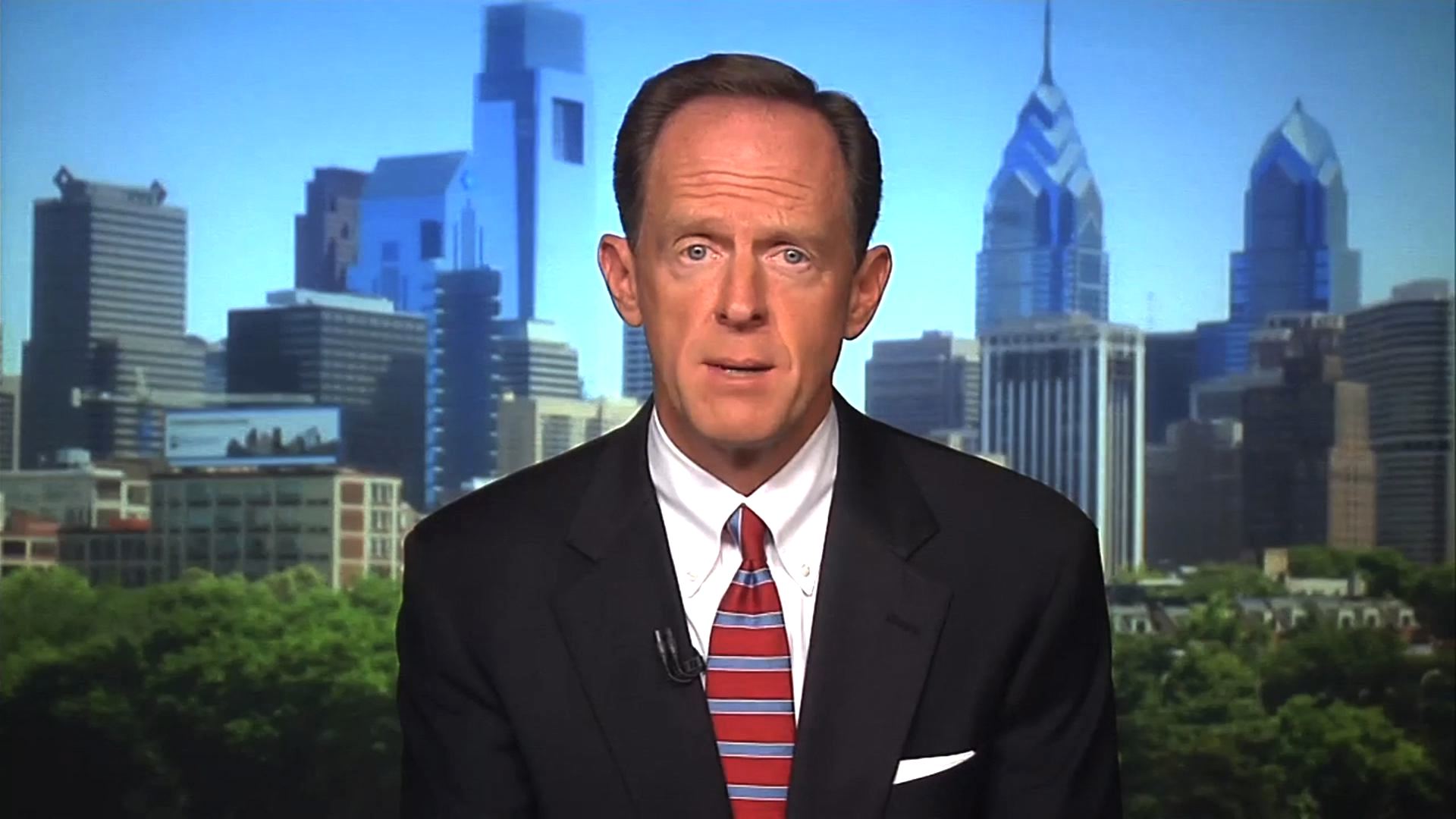

A majority of Democrats who favor legal abortion (56%) are White, compared with 37% among Democrats who say abortion should be mostly or entirely illegal. There also are differences among Democrats by race. Half of Democrats and Democratic leaners who say abortion should be legal in all or most cases identify as liberal, compared with 22% among Democrats who generally oppose legal abortion. There is a similar split within the Democratic Party when it comes to abortion and political ideology. By contrast, among Republicans who say abortion should be legal in all or most cases, just 35% are Protestants and a roughly equal share are religiously unaffiliated (34%) only 6% are highly religious. And about four-in-ten Republicans who generally oppose legal abortion (39%) are highly religious, according to a scale of religious commitment based on attendance at religious services, frequency of prayer and the importance of religion in respondents’ lives. Among Republicans who generally oppose legal abortion, 62% are Protestants, including around four-in-ten (39%) who are White evangelical Protestants. The religious divide on abortion is strongly apparent within the GOP. Republicans who say abortion generally should be legal also are less likely to live in the South and more likely to live in the Northeast and West – parts of the country with higher levels of support for legal abortion in general.

But that is not the case among Republicans who support legal abortion, 53% of whom describe their political ideology as moderate or liberal. Here are the questions used for this analysis, along with responses, and its methodology.Īmong Republicans and independents who lean toward the Republican Party who say abortion should be illegal in all or most cases, a large majority (78%) identify as conservative. adult population by gender, race, ethnicity, partisan affiliation, education and other categories. The survey is weighted to be representative of the U.S. Everyone who took part in the survey is a member of the Center’s American Trends Panel (ATP), an online survey panel that is recruited through national, random sampling of residential addresses, which gives nearly all U.S. Our previously published report, “ America’s Abortion Quandary,” includes data on many subgroups’ views toward abortion.įor this analysis, we surveyed 10,441 U.S. For example, just because most Democrats who oppose legal abortion are not White does not mean that most Black, Hispanic or Asian Democrats oppose legal abortion. Results should be interpreted cautiously. This analysis takes a different approach than usual: Instead of looking at the share of adults who say abortion should be legal or illegal, it looks at the demographic and religious composition of people who support or oppose legal abortion. Pew Research Center conducted this study to take a closer look at views about abortion in the United States. For instance, among Republicans who support legal abortion, what percentage are evangelicals, women or young people? adults who support or oppose legal abortion, this analysis takes the opposite approach, examining the composition of supporters and opponents of legal abortion, including within each party. Instead of looking at the percentage of U.S.

Republicans who favor legal abortion are far less religious than abortion opponents in the GOP, while Democrats who say abortion should be illegal in all or most cases are much more religious than Democrats who say it should be legal. That raises the question: Who are the Republicans who support legal abortion and the Democrats who oppose it, and how else do they differ from their fellow partisans? One major difference involves religion. The Republican Party platform states that “the unborn child has a fundamental right to life which cannot be infringed,” while the Democratic equivalent supports access to “safe and legal abortion.” But support for these positions is far from universal among Americans who identify with or lean toward each party, according to a recent Pew Research Center survey.


 0 kommentar(er)
0 kommentar(er)
